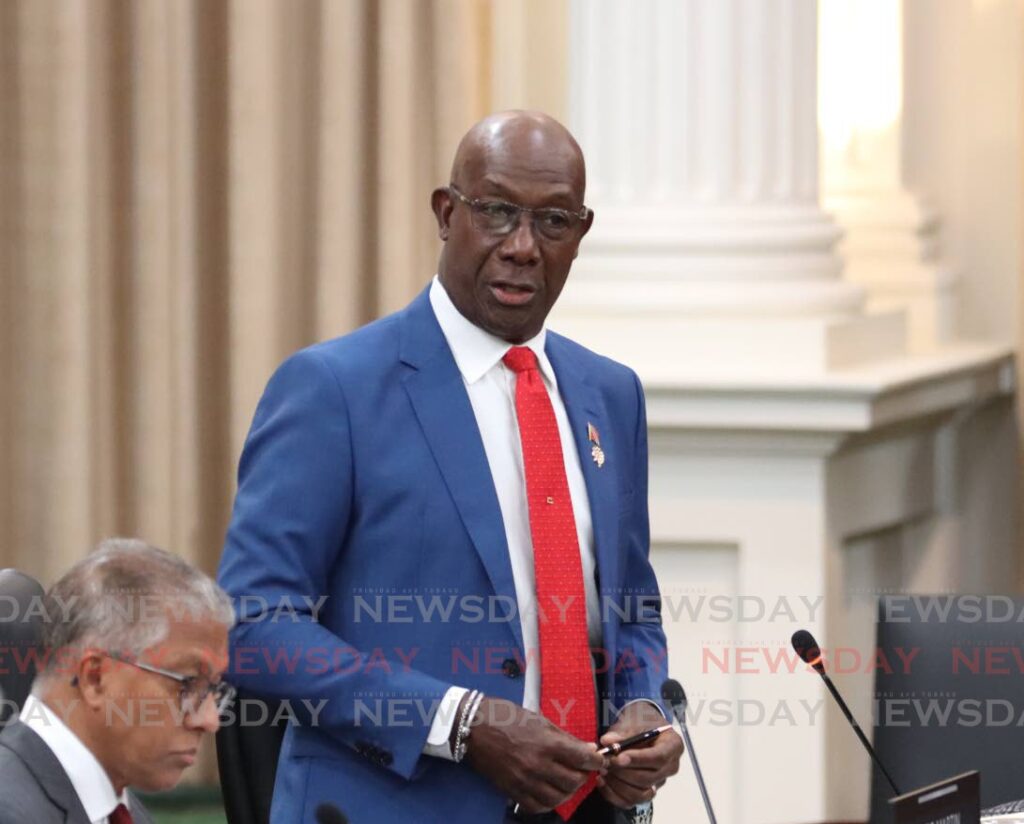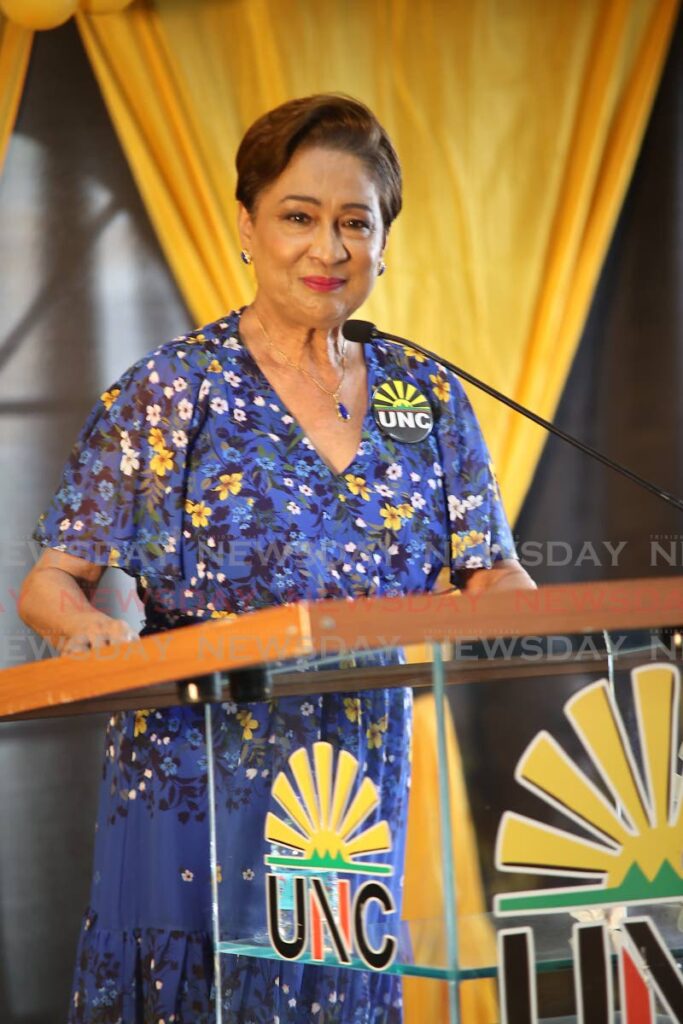Observers boost elections

THE BACK-AND-FORTH, yet again, between the Government and the Opposition over election observers is unedifying. It is a distraction from what politicians should be doing: bolstering systems at a time when elections all over the world are under fire from malign actors.
On September 16, Opposition Leader Kamla Persad-Bissessar disclosed she wrote to the Prime Minister seeking a commitment from the Government that it will ensure the presence of observers for the next general election.
But in Parliament on September 20, Dr Rowley kicked the can down the road, saying, “The election that is anticipated to be held sometime in the not-too-distant future, and can be held as late as November 2025, is not a matter that is before us at this time.” Consideration of inviting outside agencies, he added, will come at “the appropriate time when it is reasonable to have that as the priority.”
Both are off the mark on this issue.
For a start, while 2025 is not far and while the experience of 2020 – when efforts by the Government to request observers amid covid19 conditions apparently faltered over the sticking point of quarantine funding – suggest the earlier the request the better, Ms Persad-Bissessar has jumped the gun. The election bell has not rung. No mission can be mobilised until there is a date.
However, there is plainly no harm in Dr Rowley agreeing in principle. The PM’s repeated suggestion that the UNC is seeking to create fear about the process is a good reason why he should openly accede to Ms Persad-Bissessar’s request.

Observer missions are nothing new. For two decades, they have been routinely invited by governments.
In 2007, a 26-member Caricom mission was present to monitor proceedings in all constituencies. In 2010, a 32-member team visited 1,102 polling stations on election day.
In 2015, not one but two separate missions arrived: one from Caricom, another from the Commonwealth. On that occasion, Dr Rowley himself, then the Opposition Leader, had called for both. The government of the day complied.
The 2015 poll saw the PP voted out and the PNM voted in. The Commonwealth group reported glowingly then, saying: “We were impressed by the diligence and professionalism of presiding officers and polling officials.” In fact, most missions have praised our elections while calling for improvements.
Such missions might not be mandatory, but their presence boosts credibility, deters abuse, and reduces the chances of discord.
At a time when global politics has been shaken by things like Donald Trump’s refusal to accept the results of the 2020 US presidential election, independent missions play a vital role. We saw this with the recently disputed Venezuelan presidential election.
There should be no question of such missions overseeing TT’s next poll.

Comments
"Observers boost elections"